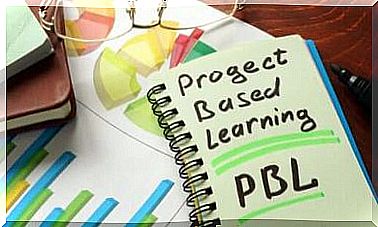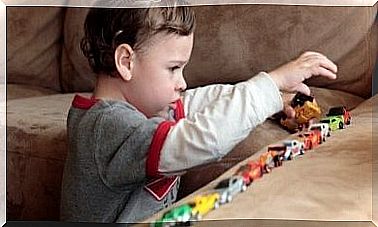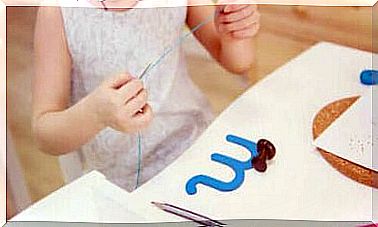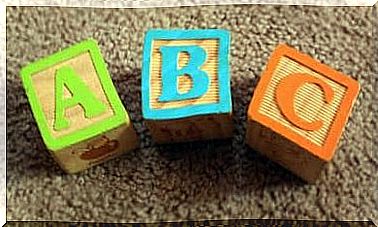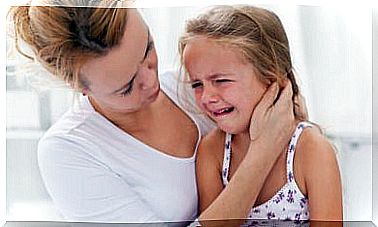Strange Breathing Noises: Is My Baby Okay?
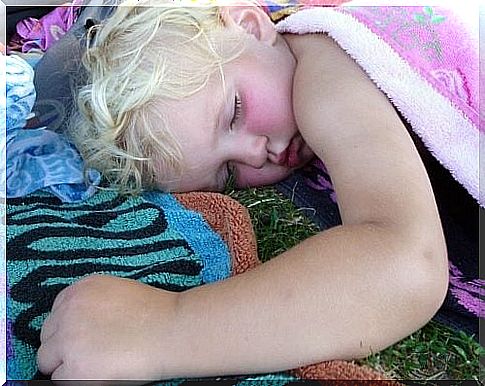
There are several reasons and circumstances that will lead you to ask yourself: Why does my baby make strange breathing noises while sleeping? The truth is, there are millions of answers. It can be a simple flu or even laryngitis or bronchitis and other diseases for which we advise you to consult your doctor.
First you need to know that normal breathing is calm, the chest expands on inhalation, it is not noisy and the baby is calm; when she cries, however, the weeping is strong and vigorous.
Apart from this description it is possible that your little one is struggling with some difficulty while breathing. He can breathe badly because he has mucus in his nose that blocks his airways. The solution is to wash his nostrils well paying attention to his health, most likely he is cold.
The best thing is a visit to the doctor who will be able to show you how to solve the problem in the appropriate way. Babies are very delicate creatures, which need to be cared for and protected.
However, in this article we want to give you some tips on what could be afflicting the baby. Most of our suggestions come from pediatric publications, although symptoms may vary from time to time.
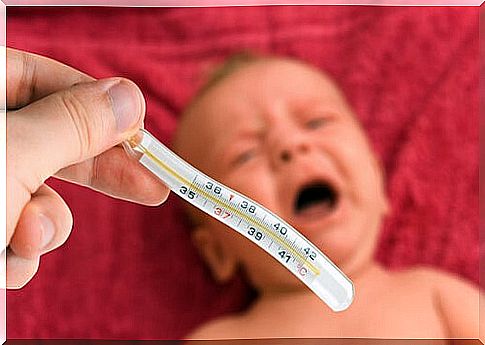
Strange breathing noises: what indicates a problem
An article in the Integral Pediatric Journal, written by scholars of the Spanish Society of Out-of-hospital Pediatrics and Primary Attention, explains the noises that most frequently indicate breathing difficulties.
One of these is the muttering, it can indicate the presence of secretions or blood in the respiratory tract; snoring is a sign of partial occlusion of the area due to the tongue; and then there is the screeching.
Stridor is a low or high-pitched sound that occurs during inspiration. Indicates partial airway obstruction due to edema, secretions or foreign body.
During the airway assessment it is important that your doctor be sure to check:
- Listen and observe the movement of the area and the thoracic and abdominal excursion.
- Listen to the movement of the air in the baby’s mouth area.
- Hear abnormal sounds made by the airways.
These steps will help the doctor diagnose the baby’s problem.
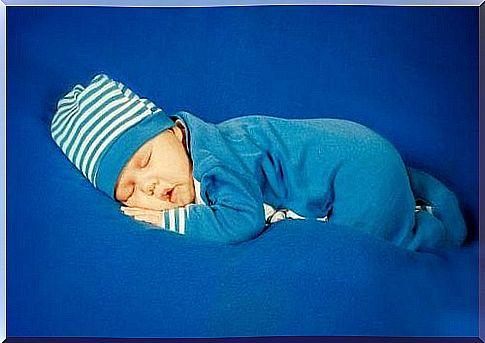
Strange breathing noises: considerations on bronchitis
According to an article published by the Spanish Society of Pediatric Pneumology, bronchitis is an infection of the lungs and respiratory system of the child. It generally affects children under the age of two and can be caused by various viruses.
The most frequent is called Syncitial Respiratory Virus, known by the abbreviation of (VRS). Others less frequent are the influenza virus, parainfluenza, adenovirus and metapneumo virus. The disease in fact afflicts the bronchi.
The infection can occur at any time although it is more common in winter and early spring, from November through March and April.
Most babies are sick for a week and then start to get better. In some cases, however, this disease can lead to respiratory problems also in the future.
Strange breathing noises: Laryngitis is just as common
Acute subglotic or diphtheria laryngitis causes acute upper airway obstruction, more common in childhood. According to a text by the Spanish Society of Out-of-hospital Pediatrics and Primary Attention, this pathology is associated with the typical triad, formed by: dysphonia, fat cough and inspiratory stridor, with or without dyspnea.
It is mainly taken because it is viral, and although it often presents as a respiratory urgency, it is usually benign. It must differentiate itself from more serious pathologies, such as bacterial tracheitis and epiglottitis.
Cortisone drugs are the most indicated in the treatment of acute laryngitis, and it is also recommended to treat all affected people with a single dose of oral dexamethasone, it decreases complications and helps healing.
